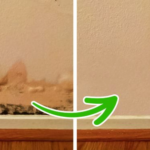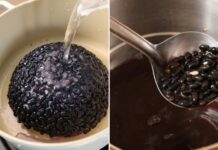There are many reasons why your home may not be well-ventilated, fresh, and may even have unpleasant odors like cooking smells, leftover food, or unwashed clothes…
However, there are hidden dangers like mold in places you can’t see but can smell. This can be dangerous for the health of everyone living in the house and needs to be addressed promptly.
1. Moldy Walls
If you notice a musty smell in your home, it may be due to hidden mold in the walls. Mold can have a negative impact on the aesthetics of your home and can also be harmful to people’s health. Therefore, it is important to detect and remove them as soon as possible. Areas with plumbing, water pipes, or ventilation fans in the bathroom and kitchen are common places for mold growth.
What to do:
If the moldy area is small, you can clean it yourself with soap and water. Alternatively, you can use soap mixed with vinegar for cleaning. For larger areas with mold growth, it’s best to call in professionals to find the best cleaning and prevention solutions. Try to keep everything in your home dry and well-ventilated, and pay attention to moisture control.
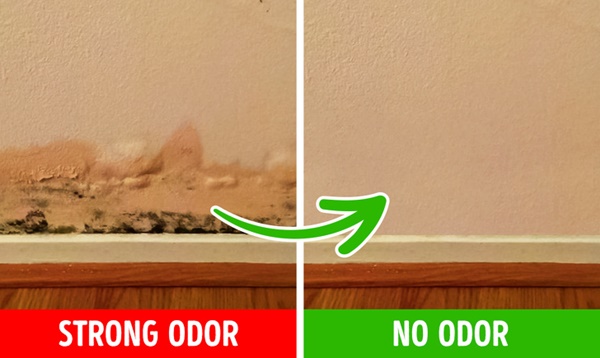
2. Electrical Issues
If you notice a foul and rotten smell coming from a certain area in your home, it may be a sign of electrical damage. According to experts, burned or melted plastic wires and components can emit a fishy or urine-like smell.
What to do:
In this case, even if you can identify the wires or power source emitting the smell, it is best to call an electrician as electrical issues can be extremely dangerous.
Once the issue is resolved, the area will stop emitting the smell, and you can be assured of the safety and ventilation of your home.
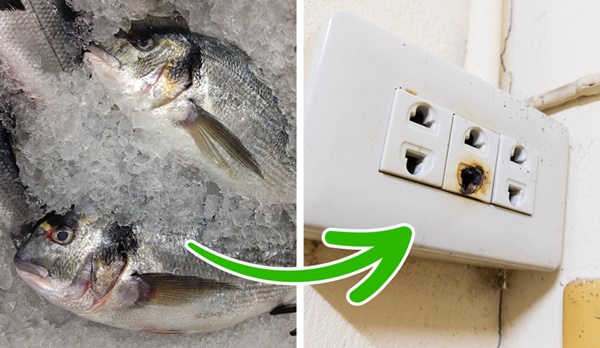
3. Gas Leaks
For households using gas stoves, gas leaks can be both dangerous and emit an unpleasant odor in the house.
What to do:
In this case, the first thing you should do is turn off the gas valve, leave the house, and call a gas company to check and repair any related issues. Once everything is resolved, open doors and windows to ventilate the area and allow the odor to dissipate.
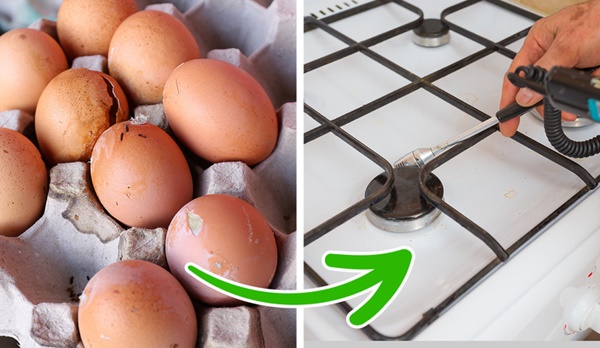
4. Carpets
If your apartment has carpet flooring, it’s inevitable that during periods of high humidity, dirt and dust that haven’t been cleaned in time can cause a foul odor in your home.
What to do:
Naturally clean your carpets by sprinkling baking soda on them and then using a vacuum cleaner to suck it up. Baking soda will absorb the odors. Leave it overnight for a more intensive odor removal.
You can also try a chemical carpet cleaner designed specifically for carpet washing and steam cleaning. If the odor persists, it’s best to hire professional cleaners and carpet cleaning services.
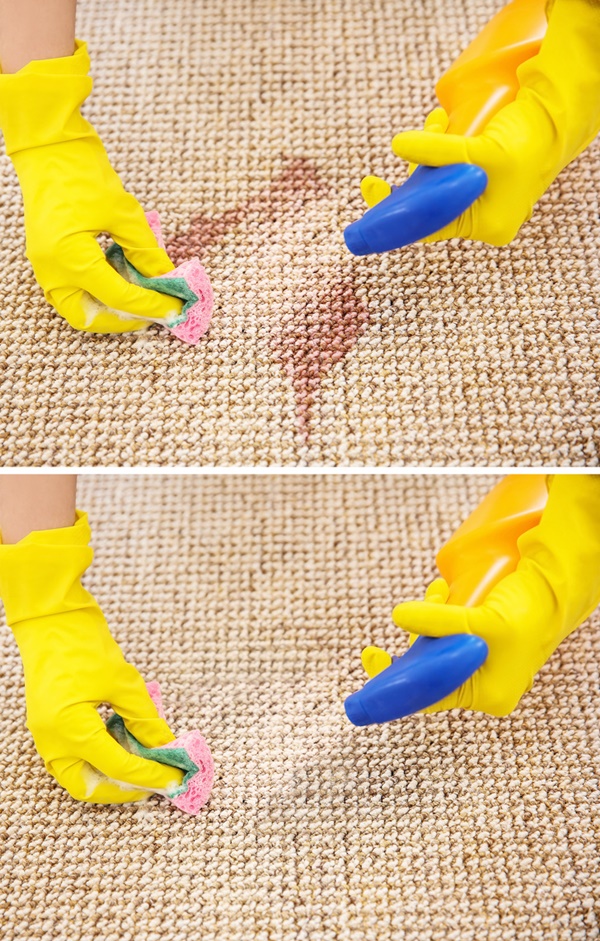
5. Dishwashers
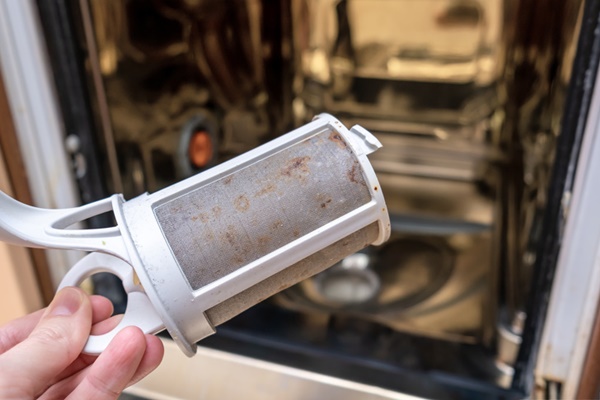
Dishwashers can also emit odors after prolonged use. Just like washing machines, they occasionally need cleaning. So, if there’s an unpleasant smell in your kitchen, even if it’s clean, the dishwasher might be the issue.
What to do:
Try running the dishwasher with a bit of vinegar and place a bit of baking soda at the bottom of it. This will help remove significant odors. One thing to do for a deep clean is to locate and clean the machine’s filter, where all the food residues are trapped.

6. Walls
You wouldn’t expect walls to be the source of odors. That’s why it’s important to wipe down the walls and ceilings to remove mold and keep them fresh over time.
What to do:
Start with something simple and natural. Use white vinegar and warm water mixed in a spray bottle and spray it on the walls, then wipe them clean. It will clean the surface and eliminate any odors. You can always paint a fresh coat, but it’s better to clean the walls first.
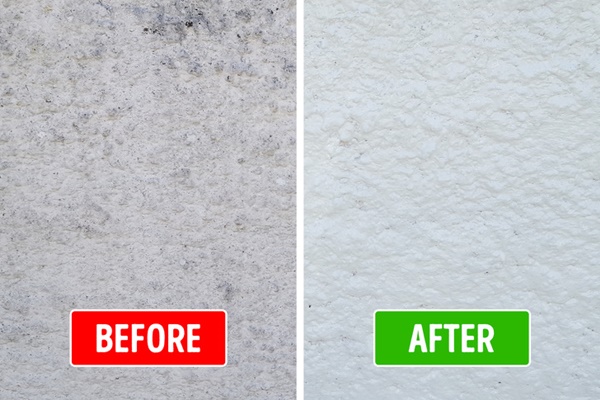
Source: Phụ nữ Việt Nam
Why Is the Refrigerator Smelling Bad and What Are the Consequences?
If you’re experiencing a strange smell coming from your refrigerator, it can be a sign that something may be off. Not only is it a nuisance, but it can also adversely impact the quality of your foods. Here’s an exploration of the various causes of this issue, as well as some strategies to get rid of the smell.
Can You Install a Washing Machine in the Bathroom?
A hotly contested issue, the possibility of installing a washing machine in the bathroom has sparked much discussion about the potential risks and benefits. From concerns regarding water damage to the impact it could have on the longevity of the device, this is a debate with a multitude of angles to consider.



























